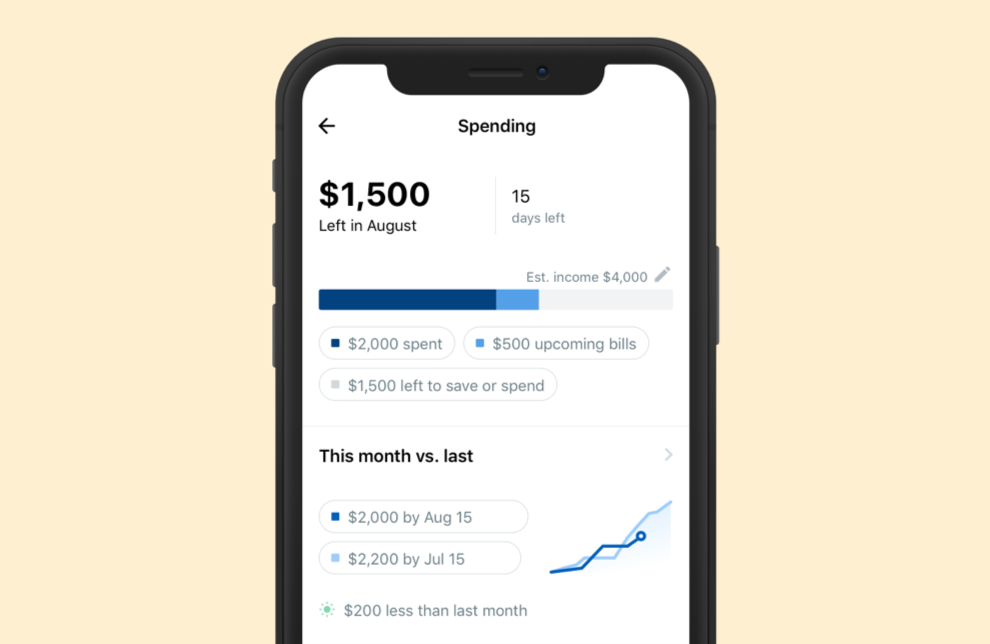Average Millennial’s Debt
A study published last year revealed that an average millennial, i.e., a person between the age of 18 and 34 had personal debt amounting to about $36,000 and that is to the exclusion of home mortgages.
According to another report, just above 60% of the millennials, (in this instance those between 18 and 37) who currently have debt do not know the time neither do they know if they will ever have the ability to pay off their debt successfully.
The statistics include approximately 42%of millennials who do not know the exact time they expect to pay off the debt and about 20% of them expect that they won't pay off their debt till they die.
The data, however, has a couple of bright spots. Among the people between the ages of 18 and 30 who specifically have credit card debt, 79% of them said they already have plans to wipe off their credit card debts. On an average, they said they expect that they'll no longer have debt when they are 43 years.
However, several young people still feel trapped. The feeling of being trapped isn't limited to these young people as older people also reportedly have a similar feeling. More than 35% of those who are above 73 have predicted that they will never be debt free.
Tackling Debt
According to industry analyst with CreditCards.com, Ted Rossman, and debt does not have to be for life. However, one may require to plan and put in a good level of hard work. According to Rossman, it is very possible for everyone to be debt free.
One good way to handle this is to set up a plan. According to Dietrich Knauth, (34 years old), he picked up different freelance jobs last year and restricted his spending to approximately $2,000 per month.
There were different times when he had to eat jelly sandwiches and peanut butter till he had no more peanut butter and he had to make do with eating just jelly sandwich. He celebrated his birthday by repaying the last of his student loan debt ($117,000).

One good way to handle debt is to set up a plan
Also, Guen Garrido (32 years old) was able to successfully to repay the debt of $68,600 within a period of 3 years after he got inspired by the snowball method as well as YouTube tutorials. Also, it helped her that she fixed a target date when she wanted to pay off all that she owed.
Garrido opined that several people already function under the belief that they will never be debt-free, as such they never attempt to work towards being debt free. However, as soon as you fix the date, she said you begin to think things are possible.
Becoming Creative
Also, being creative can be effective. John Sweat (27 years old) has temporarily made his van his new home, and he is expecting that he would be debt free before next winter ends.
Sweat said that he spent the better part of his life feeling strapped, but he now feels more financially stable, competent and also better set up than he had ever been. Another study revealed that 2 out of 10 people invested 50% of their whole income into paying off their debt. If you are unable to do that, you do not need to panic. Experts have advised that 5% of your entire income should go into offsetting your debt.

Another study revealed that 2 out of 10 people invested 50% of their whole income into paying off their debt
Considering Other Financial Goals
Working with a plan is undoubtedly the first step when you want to offset your debt. According to Rossman, millennials would find the comprehensive approach more appealing. He said one should fully consider the finances.
According to Rossman, there is always hope with student loans as a lot of student loans come with easily understandable and built-in expiration dates. However, even though educational debt constitutes the largest position of an average millennial's entire debt, it doesn't change the fact that it is just a type of loan.
Rossman also recommends that one should plan for the future and that may entail making big purchases like a car or home and also other expenses like retirement. Set aside a fixed part of your regular income. Experts have recommended that you should set aside a minimum of 10% for your retirement and not just putting all you have into paying off an educational loan.
